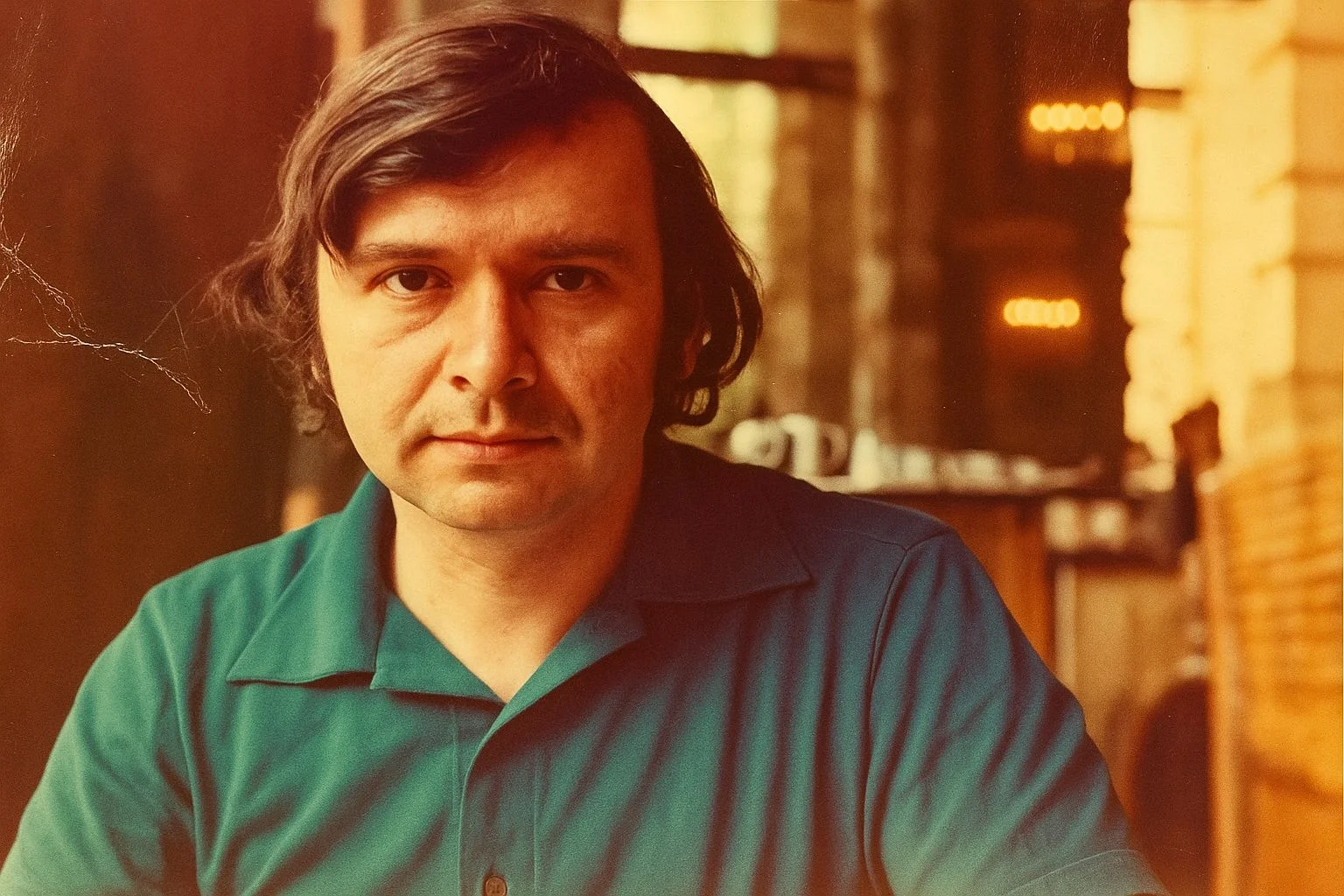Solomon Epstein: A Yiddish Voice in American Opera
Solomon Epstein: A Yiddish Voice in American Opera
By Prudhvi Raj

Some composers write music. Solomon Epstein lived it. He didn’t just sit at the piano thinking of melodies—he carried them in his bones. His songs came not from trends or textbooks, but from the voices of his ancestors, the melodies of synagogue prayer, and the stubborn heartbeat of Yiddishkeit.
There aren’t many operas in Yiddish—fewer than a dozen, really—and even fewer written fully in the language. But The Dybbuk, Epstein’s three-act opera, isn’t just rare. It’s alive. It breathes with memory, with longing, with questions we’re still asking: Who are we? Where do we come from? What haunts us? What holds us?
A Southern Childhood, a Cantor’s Calling
Solomon Epstein was born in Savannah, Georgia in 1939, in a Jewish home full of tradition, music, and warmth. He grew up surrounded by synagogue liturgy, Yiddish conversation, and the deep sense that music was a form of prayer. That sense never left him.
He became a trained cantor, studying at the Jewish Theological Seminary in New York. But he didn’t stop there. He earned a Master’s in Voice and Opera from Yale, and later a Doctorate in Composition from the Hartt School. For decades, he served Jewish communities across Connecticut, Massachusetts, and Pennsylvania, using both voice and soul to lead prayer—and writing music that carried those moments into new forms.
[Solomon Epstein as synagogue cantor, mid-1960s. Courtesy of the Epstein Family, Atlanta, GA. © ICAMus – The Solomon Epstein Collection 2019.]
The Dybbuk: A Spirit That Stays
If you know one work by Solomon Epstein, it’s probably The Dybbuk. But this isn’t just an adaptation of S. Ansky’s famous Yiddish play. It’s a love letter to Yiddish, to memory, to the ghosts that don’t leave us.
Epstein began writing the opera in 1990 and completed it in 1994. He crafted both the music and the libretto, in Yiddish, staying true to the spiritual intensity of the original play. The story is about a young bride, possessed by the soul of her dead lover. But in Epstein’s hands, it becomes something deeper: about being Jewish and American and not fully at home in either. About carrying old pain in new bodies. About how love and memory refuse to disappear.
Yet despite its power, no opera company would stage it. Rejection after rejection pushed Epstein into a deep depression. It was only in May 1999 that a concert version—just half the opera—was performed in Beersheba and later at the Suzanne Dellal Centre for Dance and Theatre in Tel Aviv, supported by the Lerner Yiddish Fund. Directed by Rachel Michaeli and conducted by Ronen Borshevsky, it starred Camilla Griehsel as Leah and Yossi Aridan as Hanan.
There’s no complete recording of the full opera, but an abridged version from that night was preserved—and even that carries an entire world inside it. Sometimes, a part tells the whole story.
[Solomon Epstein, The Dybbuk: An Opera in Yiddish (DVD release, 2005). Live recording of 1999 Tel Aviv concert. Camilla Griehsel (Leah), Joseph Almog Aridan (Khonnon), Ronen Borshevsky (conductor), Rachel Michaeli (director). © Rachel Michaeli.]
But The Dybbuk was only one thread in Epstein’s tapestry. He wrote other operas—like Moby-Dick: Opera-Oratorio, bringing Melville’s words into song, and Murder in the First, a hard, contemporary work about justice and imprisonment. He composed theater scores for plays like The Tempest and The House of Bernarda Alba, and he created choral works, synagogue music, and arrangements of Yiddish ghetto songs.
His music wasn’t just written. It was felt. It had weight. It carried something sacred.
[Photos of Solomon Epstein’s music manuscripts: © ICAMus and The Solomon Epstein Collection.]
The Keeper of the Flame: Aloma Bardi & ICAMus
No story lasts unless someone keeps it. That someone, in this case, is Aloma Bardi, musicologist and founder of ICAMus – The International Center for American Music, based in Italy. She didn’t just study Epstein’s work—she believed in it. She edited his autobiographical notes, archived his manuscripts, and made sure his voice wouldn’t fade.
In 2019, ICAMus hosted a virtual tribute—part concert, part memory, part archival celebration. Thanks to Aloma and the Epstein family, who donated his papers, his music continues to echo in new ears.
[Aloma Bardi, musicologist and founder of ICAMus – The International Center for American Music.]
More Than Music
Solomon Epstein didn’t write to impress. He wrote to connect. He wrote because something inside him needed to be heard. When you listen to his music—especially The Dybbuk—you don’t just hear notes. You hear questions whispered across time. A cantor’s cry. A grandmother’s lullaby. A legacy that won’t sit still.
His work isn’t spectacular. It’s soulwork.
[Solomon Epstein, The Dybbuk (1999), Act II, Scene 3: Danse Macabre. Camilla Griehsel as Leah, Dorit Talmi as The Old Beggar. Directed by Rachel Michaeli at Suzanne Dellal Centre, Tel Aviv.]
In Loving Memory
Solomon Epstein passed away on December 21, 2018, in Agawam, Massachusetts. And yet, through the care of ICAMus, the dedication of Aloma Bardi, and the quiet attention of listeners who still lean in—his voice hasn’t faded. It’s still here. Still singing. Still in Yiddish. Still full of heart.
References
https://www.icamus.org/depth/previews/solomon-epstein-opera-through-eyes-american-compos
The Dybbuk by Solomon Epstein – Aloma Bardi, ICAMus (PDF)
https://www.tdf.org/shows/7772/The-Dybbuk
https://www.youtube.com/@icamus-theinternationalcen3890
https://en.wikipedia.org/wiki/The_Dybbuk:_An_opera_in_Yiddish
https://movie-discovery.com/movie/dybbuk-opera-yiddish-en/1607

![Solomon-Epstein-as-synagogue-cantor [Solomon Epstein as synagogue cantor, mid-1960s. Courtesy of the Epstein Family, Atlanta, GA. © ICAMus – The Solomon Epstein Collection 2019.]](https://yiddishtheateracademy.org/wp-content/uploads/2025/08/Solomon-Epstein-as-synagogue-cantor.webp)
![The-Dybbuk-An-Opera-in-Yiddish-DVD-release-2005 [Solomon Epstein, The Dybbuk: An Opera in Yiddish (DVD release, 2005). Live recording of 1999 Tel Aviv concert. Camilla Griehsel (Leah), Joseph Almog Aridan (Khonnon), Ronen Borshevsky (conductor), Rachel Michaeli (director). © Rachel Michaeli.]](https://yiddishtheateracademy.org/wp-content/uploads/2025/08/The-Dybbuk-An-Opera-in-Yiddish-DVD-release-2005.webp)
![Photos-of-Solomon-Epsteins-music-manuscripts [Photos of Solomon Epstein’s music manuscripts: © ICAMus and The Solomon Epstein Collection.]](https://yiddishtheateracademy.org/wp-content/uploads/2025/08/Photos-of-Solomon-Epsteins-music-manuscripts.webp)
![Aloma-Bardi [Aloma Bardi, musicologist and founder of ICAMus – The International Center for American Music.]](https://yiddishtheateracademy.org/wp-content/uploads/2025/08/Aloma-Bardi.webp)
![Solomon-Epstein-The-Dybbuk-1999-Act-II-Scene-3 [Solomon Epstein, The Dybbuk (1999), Act II, Scene 3: Danse Macabre. Camilla Griehsel as Leah, Dorit Talmi as The Old Beggar. Directed by Rachel Michaeli at Suzanne Dellal Centre, Tel Aviv.]](https://yiddishtheateracademy.org/wp-content/uploads/2025/08/Solomon-Epstein-The-Dybbuk-1999-Act-II-Scene-3.webp)